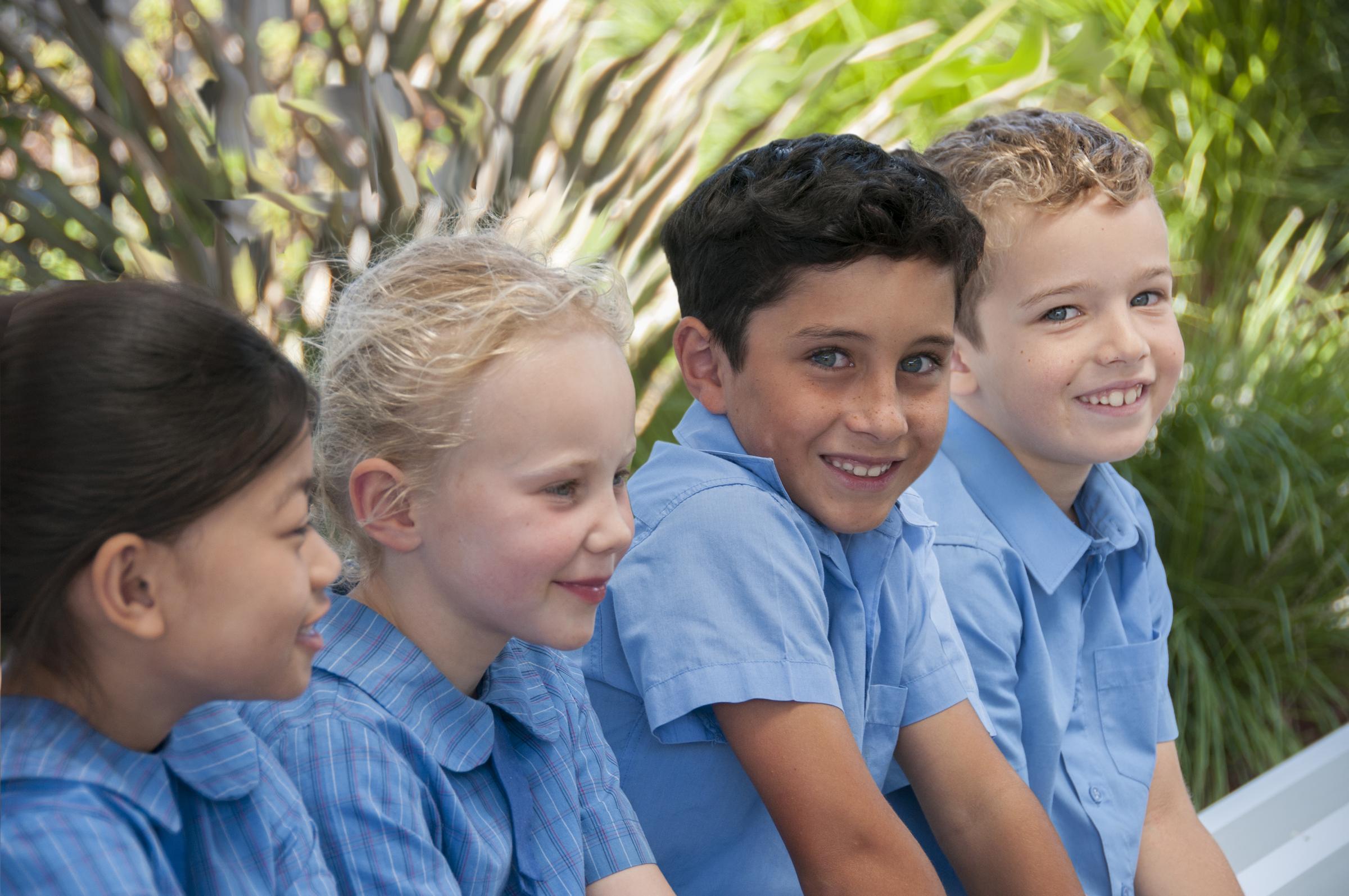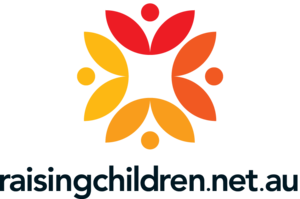Student Well-being

School-age friendships: how to support them
About school-age friendships
Your child’s world gets bigger when they start school. Relationships with other people – like the children in your child’s class at school – become more important.
Friendships are good for your school-age child’s self-esteem. When your child has close friends, your child feels like they belong. Your child’s friends care about your child, and this helps your child feel good about themselves.
Friendships also help children develop important life skills like getting along with other people and sorting out conflicts and problems. Children with these skills are less likely to have social and emotional difficulties later in life.
Play is a big part of how children connect with others and make friends at school. Taking part in playground games can help your child get to know their schoolmates and settle into school more easily. Your child will learn about taking turns, sharing and cooperating.
School friends and parents: why children need both
Young children enjoy playing with their friends, but they still need their parents. In fact, during the early school years, family relationships are still the biggest influence on your child’s development. Good family relationships are what your child needs to learn and grow.
Family relationships give your child a stable, safe base through the ups and downs of making and losing friends. In fact, the care and love you give your child at home helps your child manage other relationships.
If your child is upset at being left out or has had a fight with a friend, your child knows that you’re still there. You can help your child work it out by talking with your child about what happened, how they felt and how to handle situations like this in the future. For example, ‘How did you feel when Ali wouldn’t let you play?’ This helps your child understand and manage their own feelings. Or sometimes just listening or giving your child a hug can be enough.
Getting to know children’s friends: why it’s good
Getting to know your child’s friends helps you find out about:
- what the friends are like
- what kind of influence friends have on your child
- how your child gets along with their friends
- who to invite for playdates and birthday parties
- other families with children of a similar age.
If you’re not sure who your child’s friends are, just ask, or watch who your child goes to in the playground before or after school. You could also talk with your child’s teacher. If you’re able to help at school sports, in the canteen or in the classroom, this can also give you a chance to see who your child gets along well with.
Supporting school-age friendships: tips for playdates
Playdates outside school can be a great way to create new school friendships and strengthen existing friendships.
You can help your child arrange playdates and sleepovers by asking your child whether there’s anyone they’d like to invite to your home. You could encourage your child to invite their friend, and you can talk to the friend’s parents at school drop-offs or pick-ups or other school activities.
Here are tips to help playdates at your home go smoothly:
- Before the playdate, help your child to put away any precious belongings that they might not want to share or that might get damaged. This can prevent any upsets.
- Invite the friend’s parent to stay. Some parents feel more comfortable if they can stay for a little while and get to know you.
- Start with a snack or drink. This can help children feel comfortable with each other.
- Talk with the children about what areas of the house or garden they can use. This can help to prevent tension about what children are allowed to do in your home.
- Be available in case the children need help, but give your child and their friend time and space to learn how to get along with each other.
- Plan some activities. It could be craft, cubbyhouses, ball games and so on. You might not need to use these activities, but it’s good to have them ready in case you sense children getting restless.
- If your child finds playdates tricky, try keeping them fairly short – for example, 1-2 hours.
When children need help to make friends or keep friends
Most children find it hard to make friends sometimes. If your child is finding it hard, there are a few things you can try.
Sometimes a simple social reminder might help. For example, you could encourage your child to introduce themselves when they meet new children – ‘Hello, I’m Kaia. What’s your name?’
Often children make friends at school through playing the same game together – but it’s hard if you don’t know the rules. You could make sure your child knows the rules of games they want to join in with. If your child doesn’t like the games other children are playing, you could suggest your child starts a game that they do like by asking classmates to play it with them. Some children find it helps to take a ball or game to share.
Some schools have a buddy system, where the younger students have an older student as their buddy for the year. If your child needs help finding their friends or isn’t sure of what to play, your child could try asking their buddy for help.
If your child has additional needs, your child might also need extra help with friendships. You could try making friends with other parents and getting together after school at a playground. Give the other parents and children some ideas on how to include your child. For example, ‘Bill loves watching people play soccer. He can throw the ball in and be the scorer’.
If your child finds it hard to make friends at school, you could look for extracurricular activities that give your child opportunities to meet children with similar interests. There are many things your child could try – sports, dance, art classes, Scouts and so on.
Friendship troubles: what to do
If you can tell your child isn’t happy about going to school, isn’t eating lunch or seems to be socially anxious, this could be because your child is having trouble making and keeping friends.
Talking with your child gives you a chance to hear about what’s going on. Some children will be happy to tell you, but others might find it hard. You can encourage your child by telling them about a friendship trouble you had as a child or by reading a story about friendship troubles. If your child isn’t ready to talk, let your child know they can always come to you.
It can also be good to ask your child’s teacher whether they’ve noticed anything different in class or in the playground.
If you’re concerned about your child’s friendships – for example, your child and your child’s friends are doing things that are unsafe – talking with your child is the best first step. For example, ‘Is it a good idea to jump from the top of the slide? You might get hurt’. This can help your child learn to make their own decisions, rather than just following friends.
Having friends who don’t go to the same school – for example, children from art class, neighbours or family friends – can boost your child’s confidence, especially if they’re having friendship troubles at school.
You can find more articles like this at:
Lauren Borg
Student Well-being Leader

